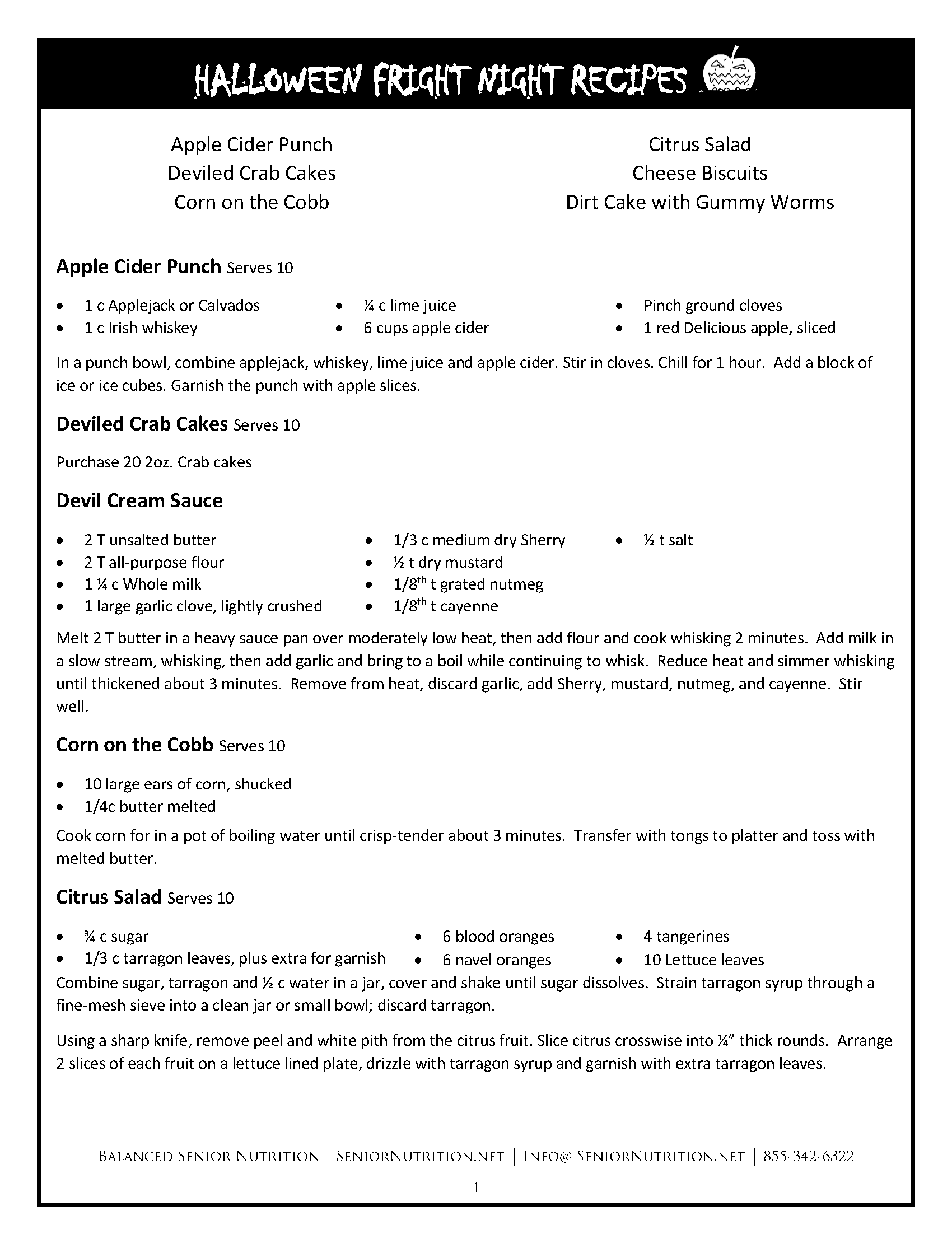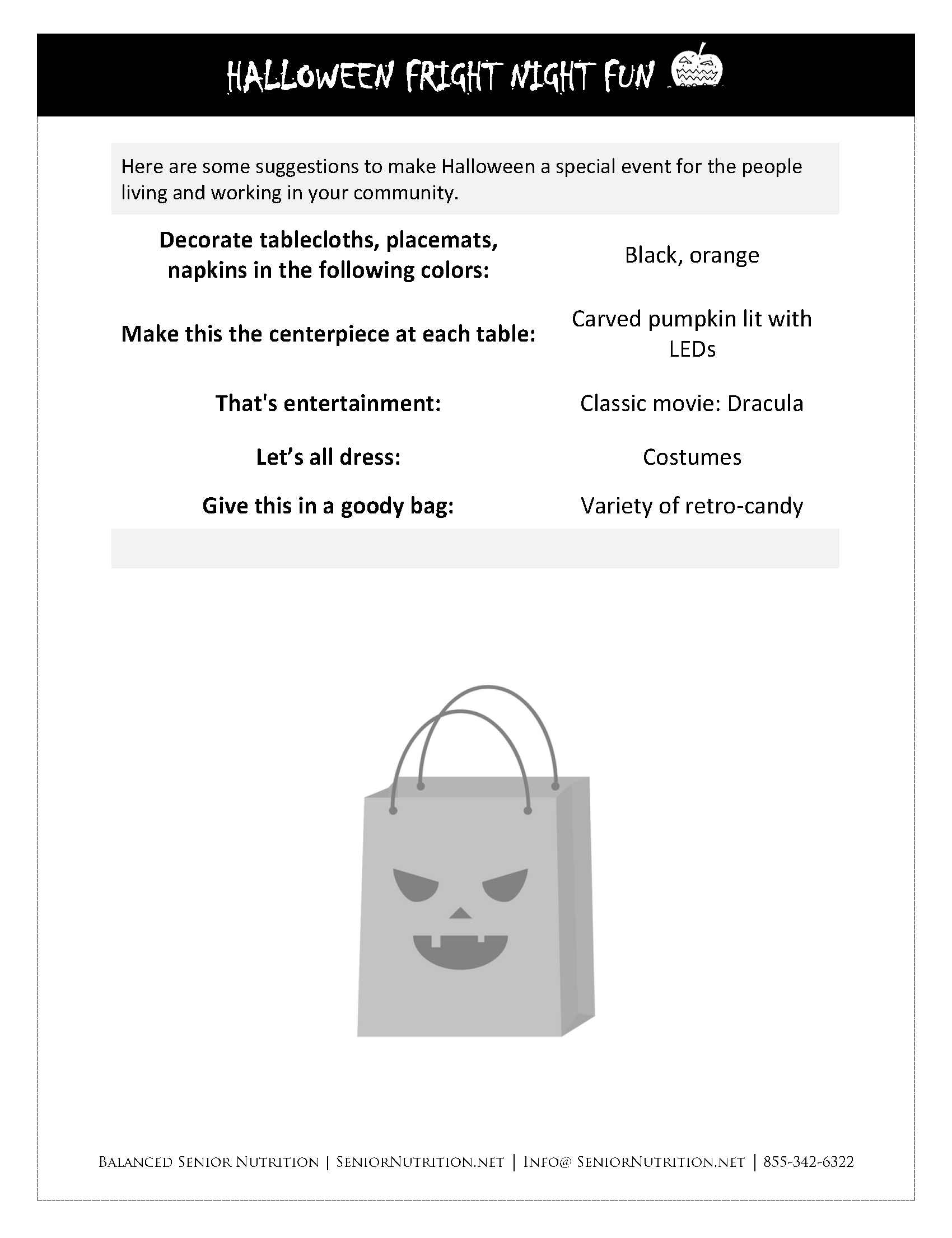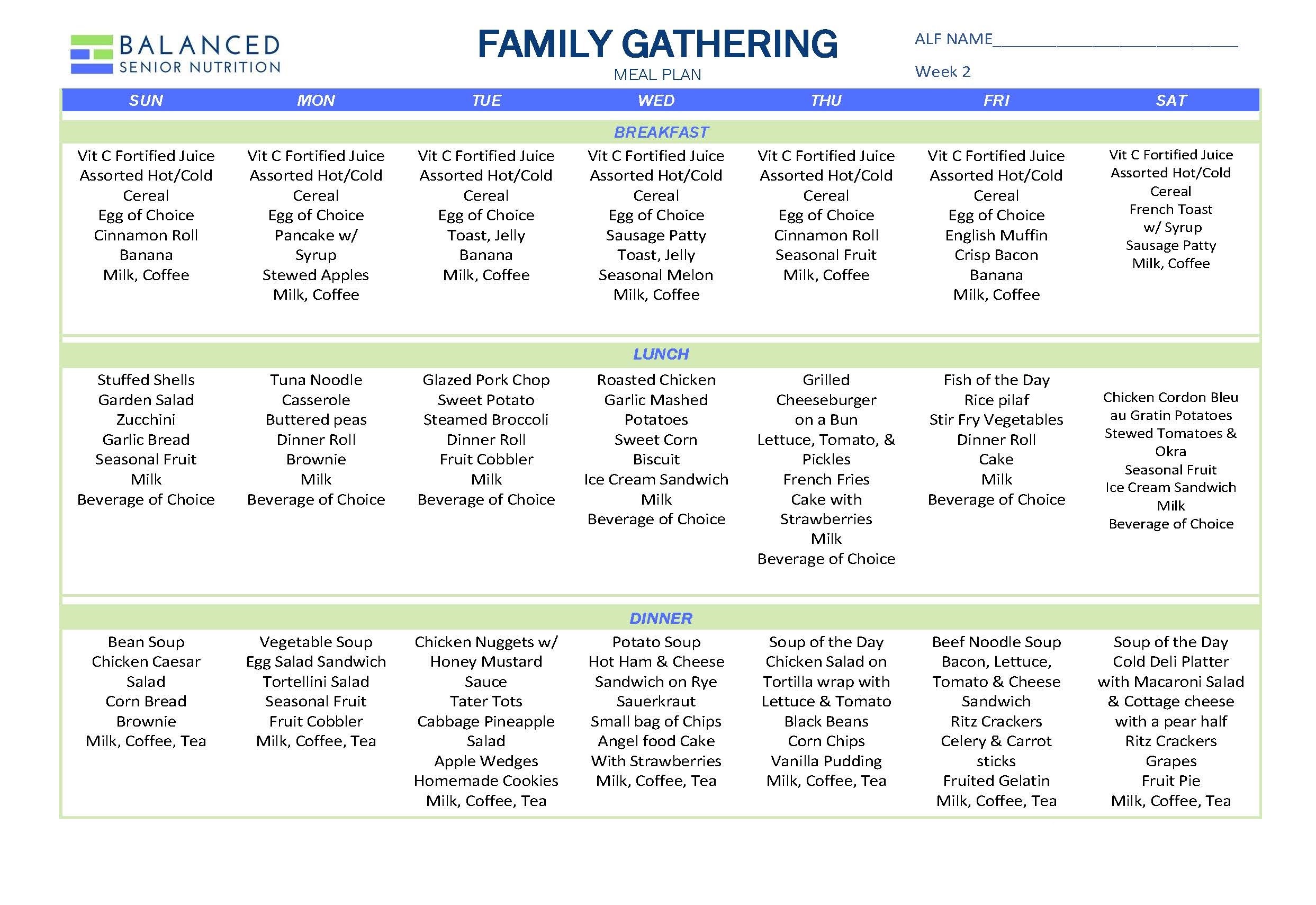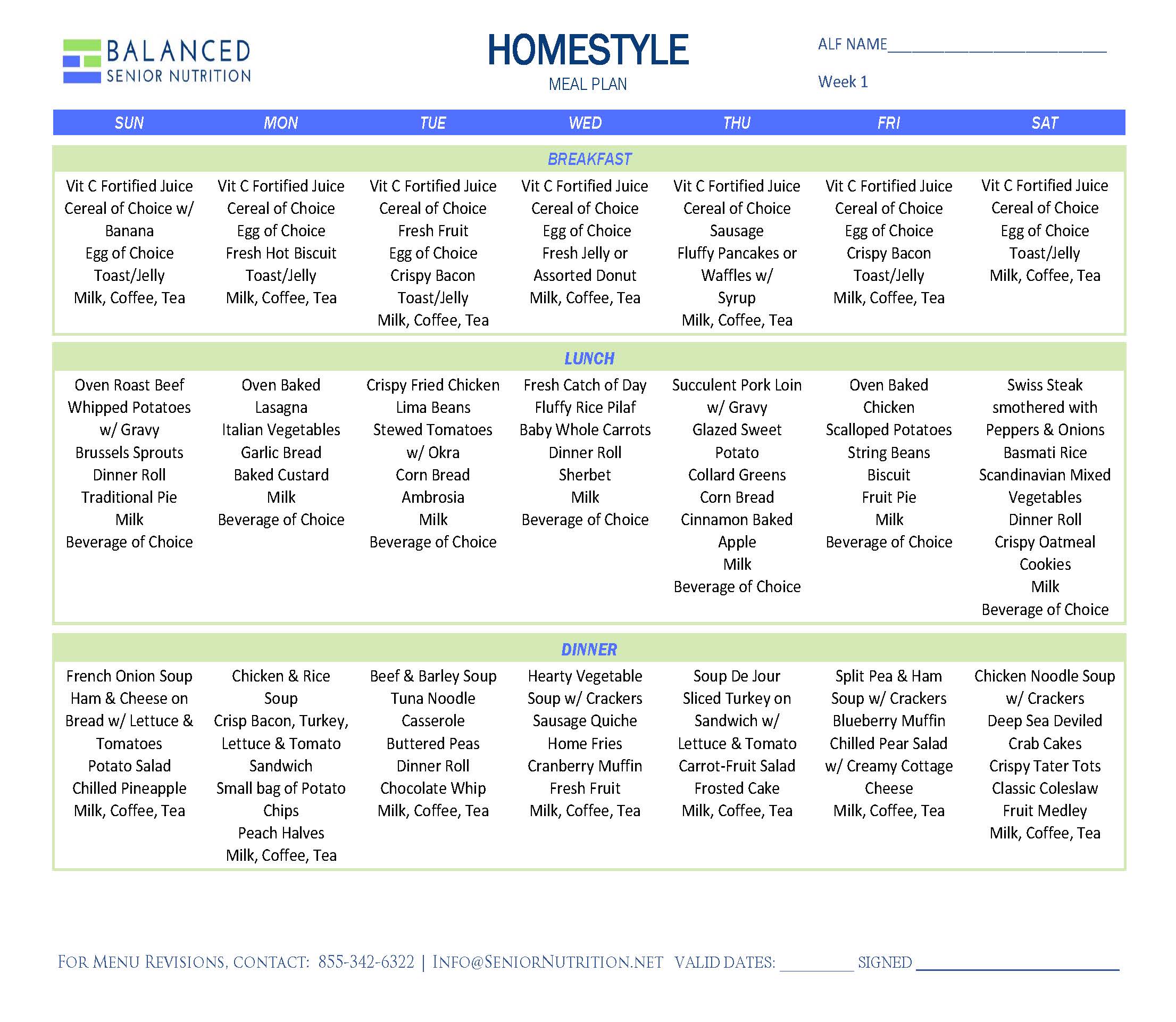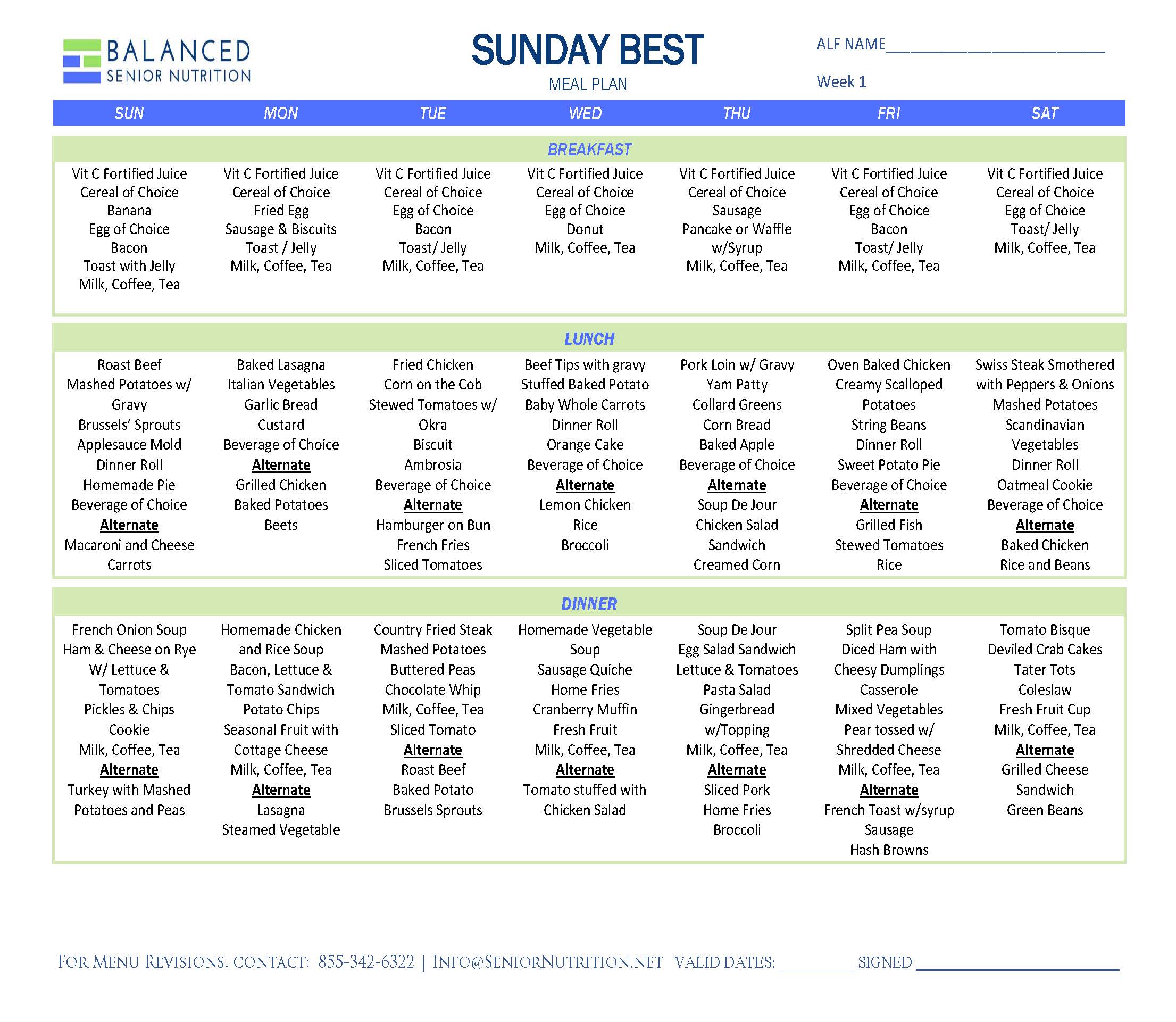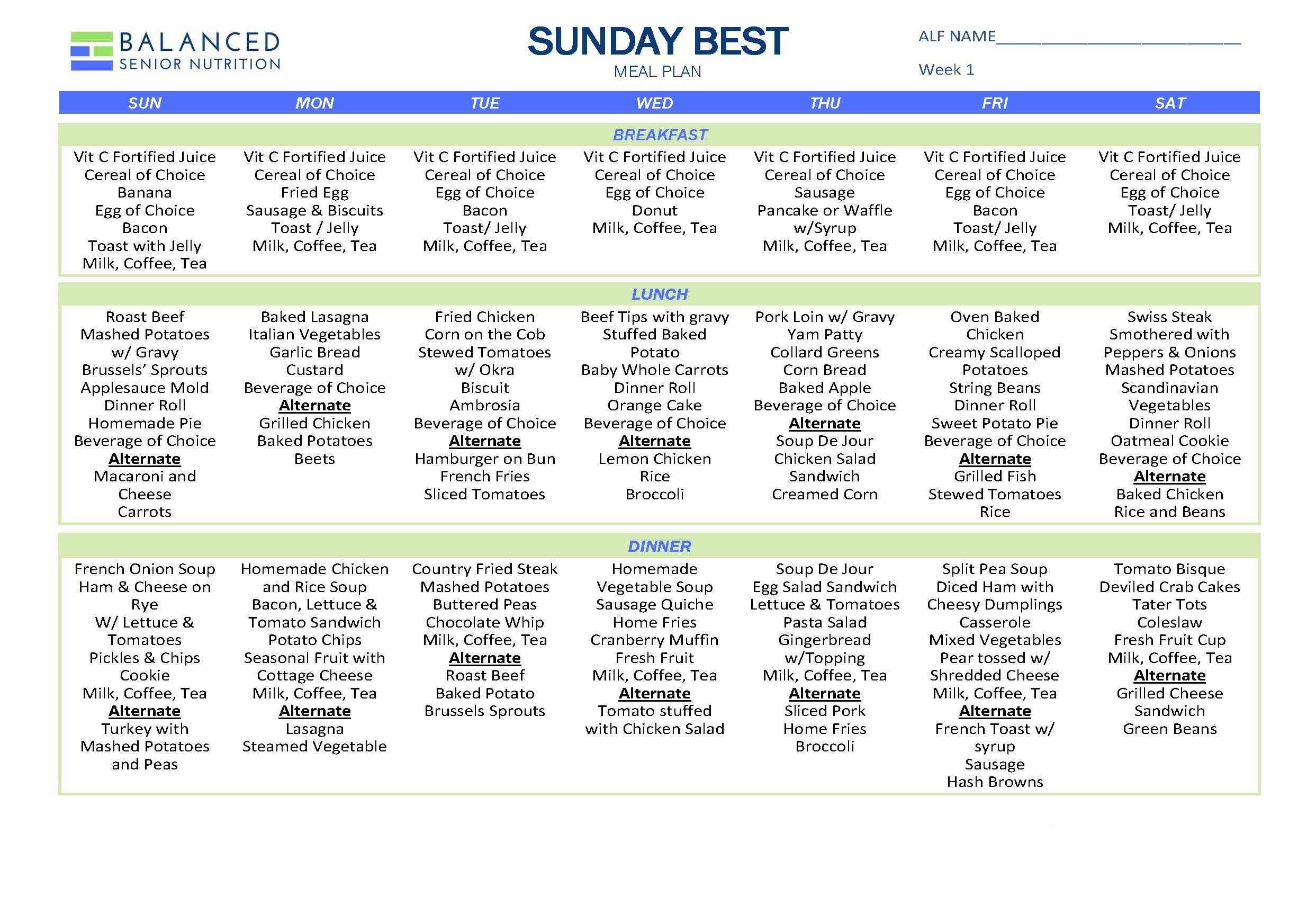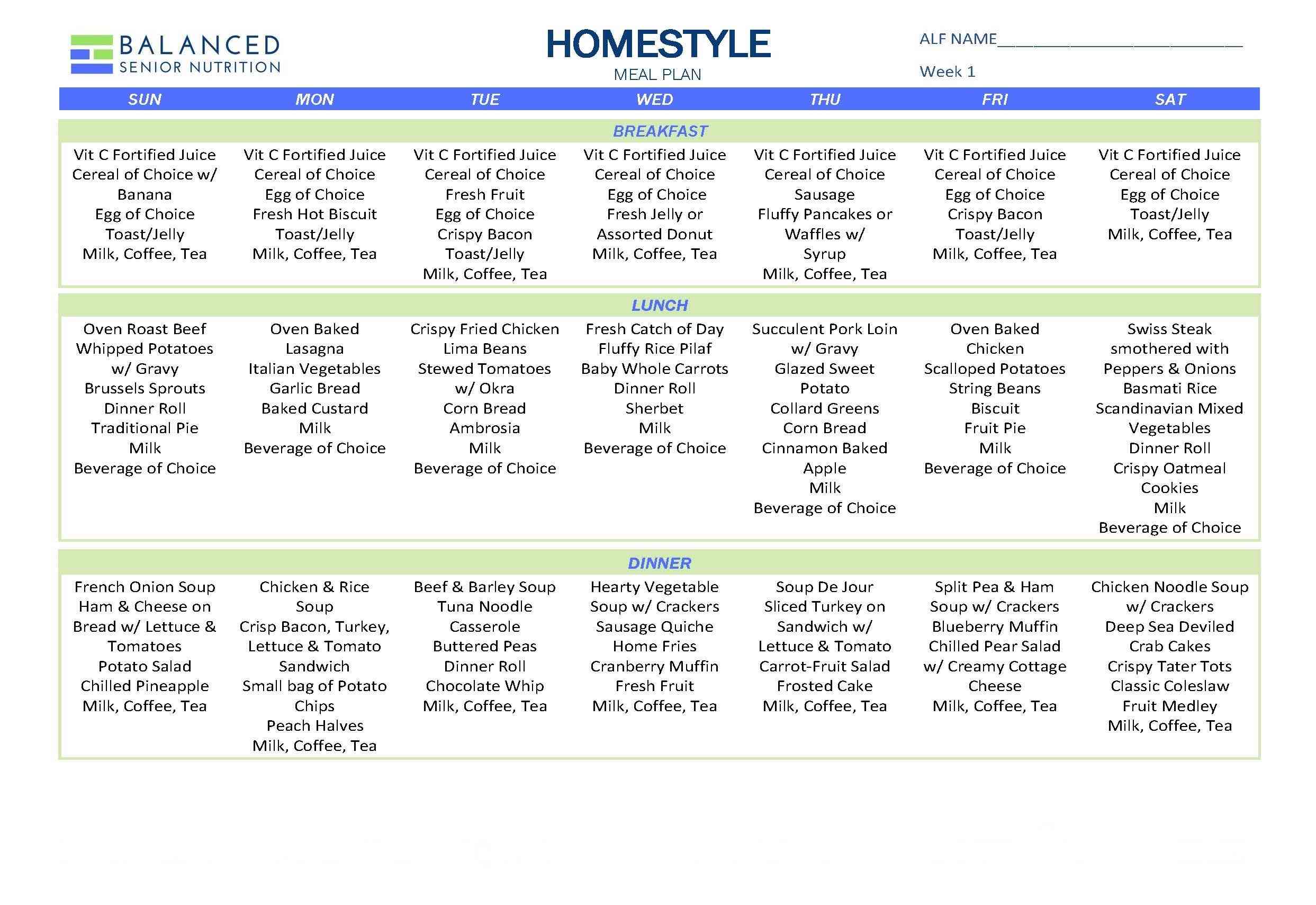
The Most Important Ally for Making Culture Change Happen in Long-Term Care Communities
What does it take to provide informed choice as required by federal regulations? To make this happen, people working in long-term need to enlist the support of a powerful ally they may not have considered. I’m not talking about the medical director, administrator, or the nursing staff, although they are incredibly important. The powerful ally about whom I am talking is the people who live in the community – essentially, their customers.
How many businesses would survive in this competitive marketplace without listening to their customers? And yet, even though nursing homes and assisted living communities have provided a valuable service, the past culture was to be concerned more with taking care of their customers rather than listening to what they want. But with the changes in regulations that lean toward providing choice and dignity for residents, long term care communities are now scrambling to keep up. That’s why we’re going to continue to offer you, our readers, information on how to make that transition to providing choice – while keeping your residents safe and protecting your community. It’s why we labored long to produce a manual, The Inside Scoop on Informed Choice, that takes communities step-by-step through the process of informed choice.
Frankly, many residents in long-term care don’t understand their rights. If these customers knew that they had the right to make an informed choice about what, where and when they eat, they would push communities that are stuck in the past to make the change to the future. After all, with millions of demanding baby boomers on the way, long-term care communities that do not support culture change will find out the hard way that the customer is always right.
So how do we enlist the people who live in the community to work with us to make culture change happen? That’s simple. We need to provide each resident, both those living in the community and those entering the community, with the information about a resident’s right to make an informed choice. Imagine if residents and their families understood that each person has the right to choose what they want to eat, even if they are currently prescribed a restricted diet, and that the community respects that right and will do everything possible to provide the foods they want as safely as possible.
Here’s an example of just such a document from our manual, You can download a free copy for your own use and I hope you will immediately make it available to your current and new residents, their families, and their care providers.We called it the Declaration of Dining Independence to let residents know that they have the right to direct their own dining experience.
Download Declaration of Dining Independence
Notice how we have each resident sign the document so that we know that they have read and understood their rights when it comes to making an informed choice. They know the community supports their right to choose. They also learn who should be involved in developing their care plan, the documentation tools that will be used and what information will be discussed. But the most important thing they will learn is that the final decision about what they eat is their decision, not the doctor, not the nurse, not the dietitian, not the administrator.
No one ever said that change was easy, but with all of us — including the people for whom we care –working together, we can make change happen for the better in the communities in which we work and live.


